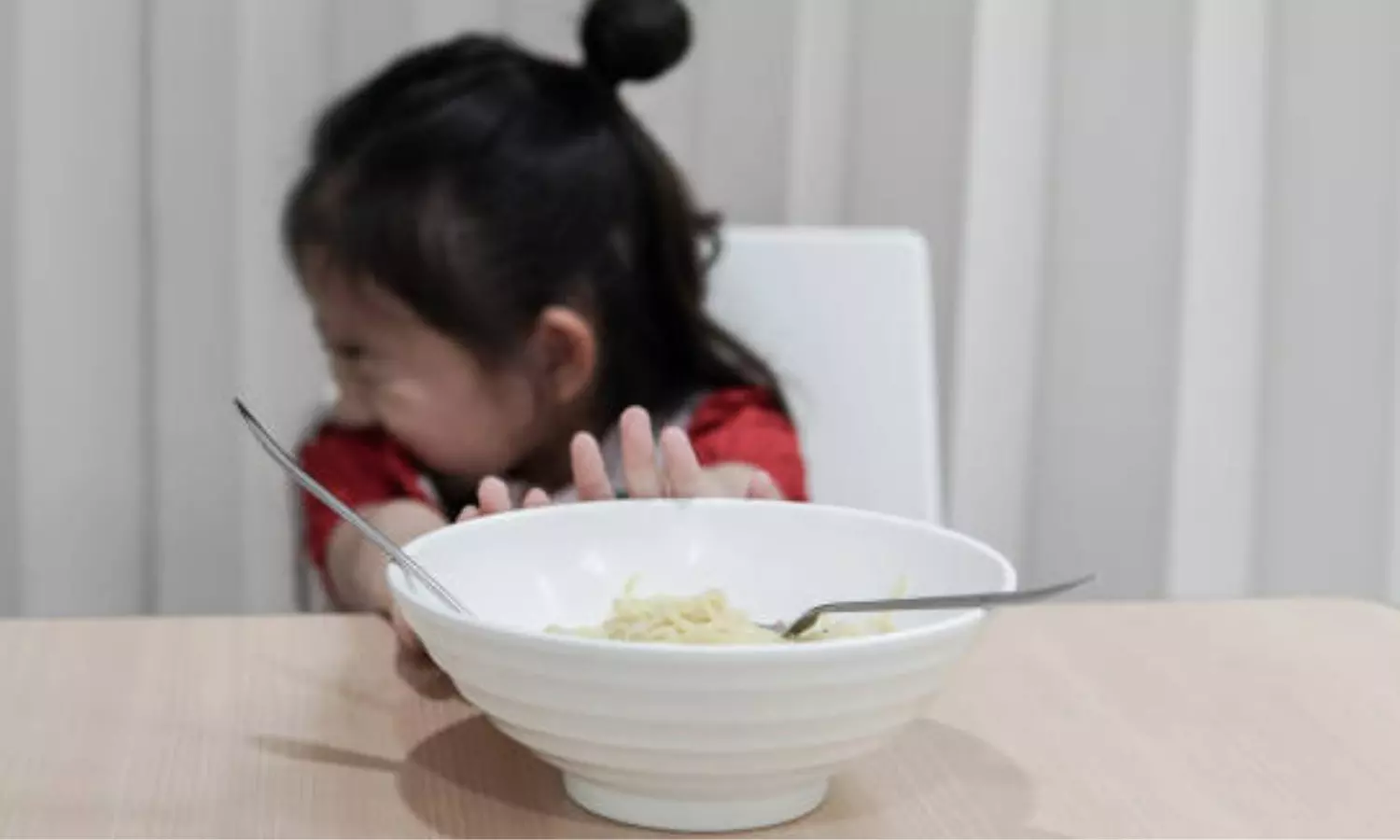Fatty liver to pre-diabetes: Children developing feeding difficulties tripped during pandemic in Hyderabad
According to a presentation at the Pediatric Academic Societies annual meeting, the number of patients requiring hospitalization for feeding difficulties tripled during the pandemic.
By Newsmeter Network
Children requiring hospitalization for feeding difficulties have tripled during the pandemic
According to a presentation at the Pediatric Academic Societies annual meeting, the number of patients requiring hospitalization for feeding difficulties tripled during the pandemic.
Dr. K. Sunitha Premlatha, nutritionist at Yashoda hospital said: "Change, every element of our life has been affected, our routine, lifestyle, sleep schedule... everything has gone upside down. I recently came across a case of an 11-year-old child who had gained a lot of weight in the previous two years. Online schools, lack of physical activity, and other factors contributed to this. Even eating habits have grown unpredictable. It used to be three meals a day. Since we're home all the time, there's no meal schedule."
She explained how the problem has exacerbated the Hyderabad software hub. "With parents and kids at home all day, it's either eat, work and sleep for the parents. For the kids, it is eat, study, and sleep. Inadequate sleep, sleeping late at night, and a disturbed sleep routine all contribute. During this pandemic, sedentary entertainment has become the principal means of passing the time. Many outdoor and athletic activities have been reduced," she said.
"All of this has led to more weight gain, and what I've seen in the few cases of post-pandemic children is that they are also being diagnosed with grade I fatty liver and pre-diabetes."
Dr. Premlatha said parents' main complaint was that a child is constantly munching mostly junk food. "Again, there is a strong link between stress and binge eating. During the pandemic, there has been every other kind of stress too. With increased hormones like cortisol, food acts as a tranquilizer and calms them down. At this time, we are not mindful of the food we take, the calories we take, and sometimes, one can even take about 800kcal in one go," she said.
"Therapy is a requirement, as is a clinical dietician who would analyze their nutritional state. It is critical to monitor micro and macronutrients, especially when the person is not eating enough food. The dietician would first conduct a 24-hour recall, list the foods the person is eating, and progressively adjust the sort of food. Rather than substantially altering the situation. Apart from professional help, one can take steps to sleep on time, engage in one hour of physical activity, and change your lifestyle," she said.
Regarding social factors, she said, "A lot of influence comes from friends. In a typical incidence of anorexia nervosa in teens, they believe they are gaining weight or overeating and become self-conscious about their appearance. Social media and friends were common triggers."